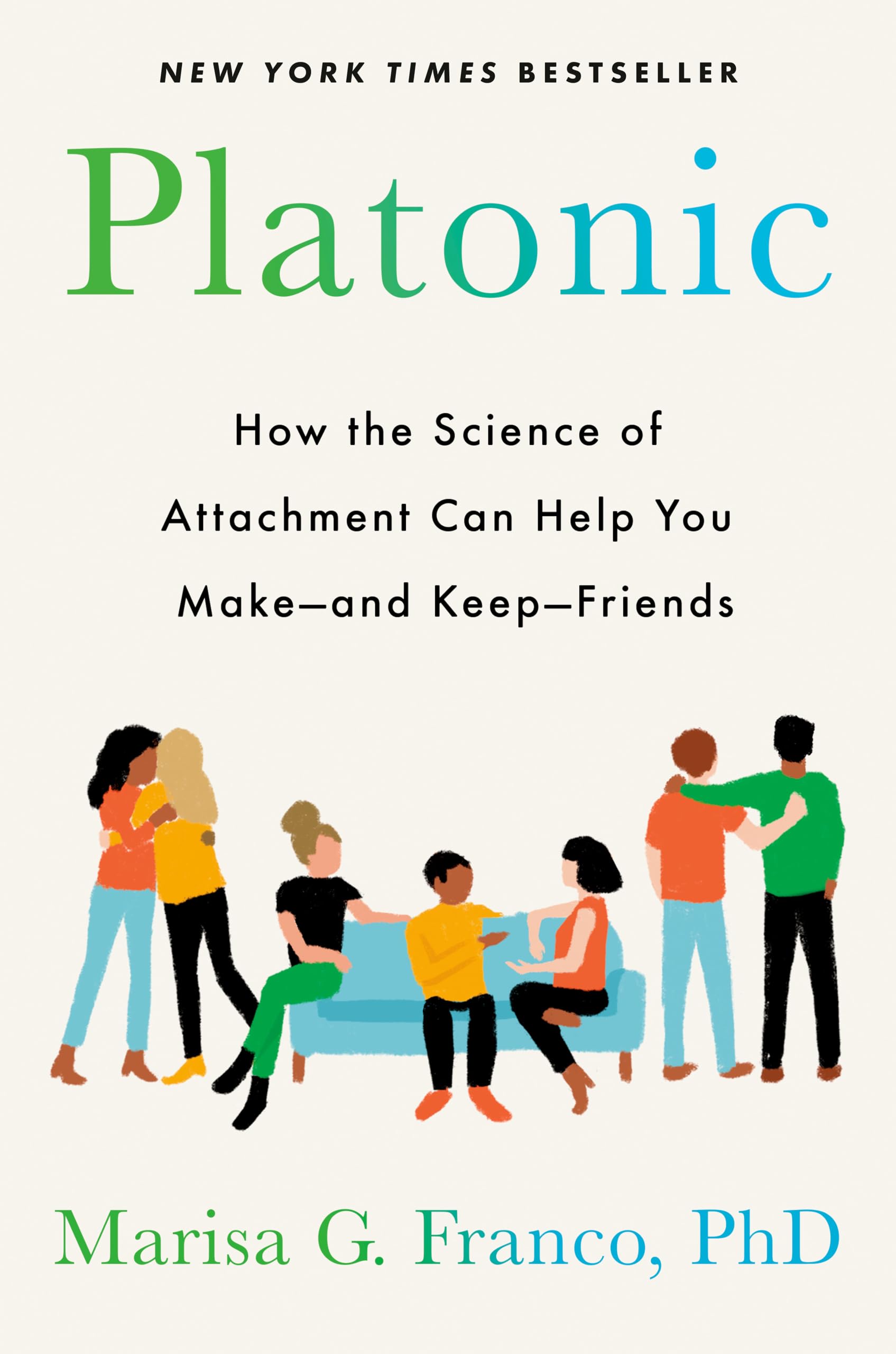Platonic Summary

To avoid reinventing the wheel, check out this amazing summary of Platonic from To Summarize.
I’ll paste the relevant key takeaways section of the above article here for reference, but check out their website for a complete summary.
People have different attachment styles, which affect how they approach friendships (and other relationships):
- Securely attached people assume they are worthy of love, so are not overly sensitive to rejection.
- Anxiously attached people are afraid of being abandoned, so are too willing to please others to try and prevent this. They can end up being doormats, and their attempts may backfire and drive others away.
- Avoidantly attached people are also afraid of being abandoned, but they respond by telling themselves they don’t need others. In doing so, they miss out on opportunities for intimacy.
Things to practice for friendship:
- Take Initiative. We can be reluctant to take the initiative and reach out because we’re afraid of rejection. But studies show there’s usually a “liking gap” in that people like us more than we think.
- Show Vulnerability. We often think people will like us if we come off competent and successful, but the opposite is true — we like people who show vulnerability.
- Be Authentic. This isn’t the same as being “honest”. Being “authentic” means being your best self, not relying on any defense mechanism.
- Deal with Conflict. Avoidants may be too ready to write off friends or ghost them in the face of conflict, while anxious people just ignore conflict.
- Be Generous. Friendships should be give and take, but broadly equal over the long term. Boundaries are important, but there’s a difference between personal boundaries that protect one person and mutual boundaries that protect the relationship.
- Show Affection. Affection strengthens friendships at all stages. In the early stages, it gives people the confidence to invest in a friendship.